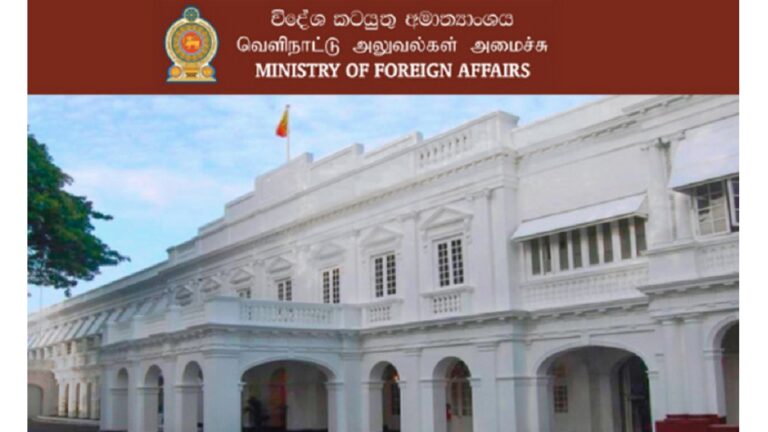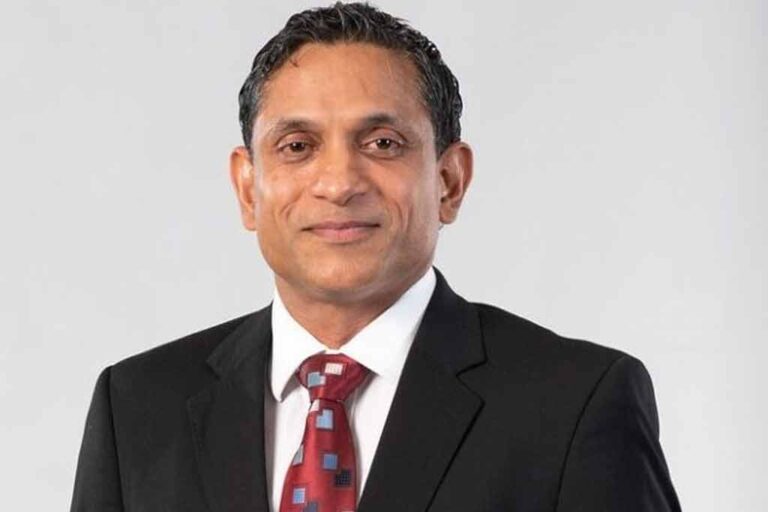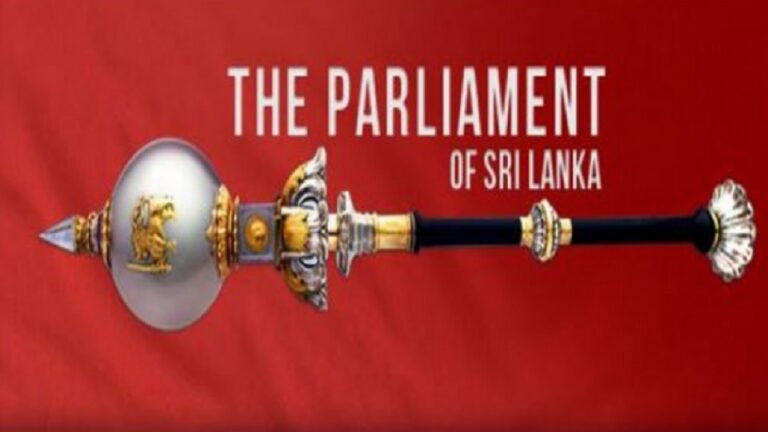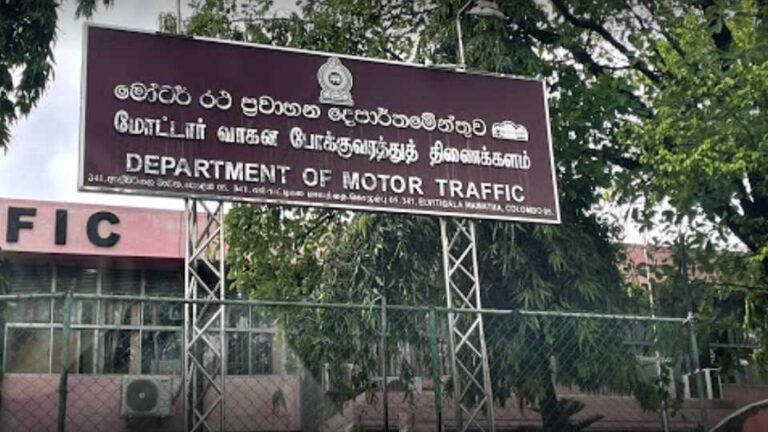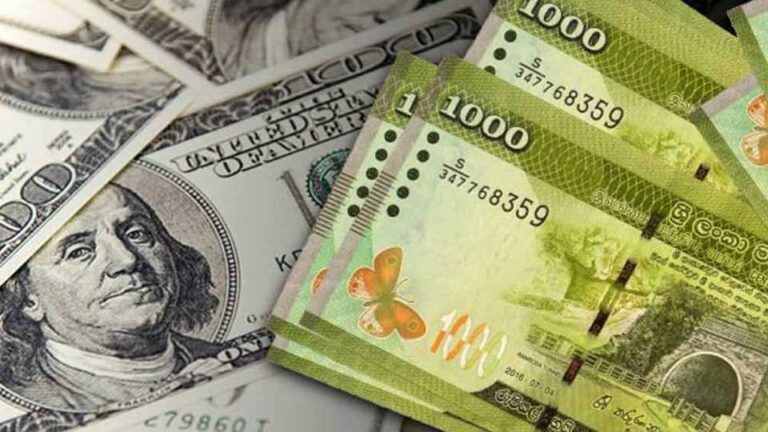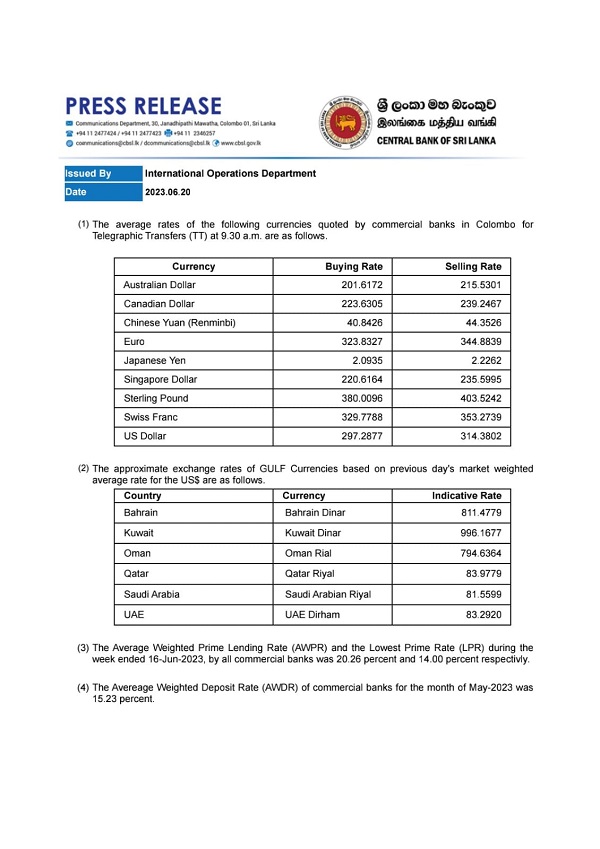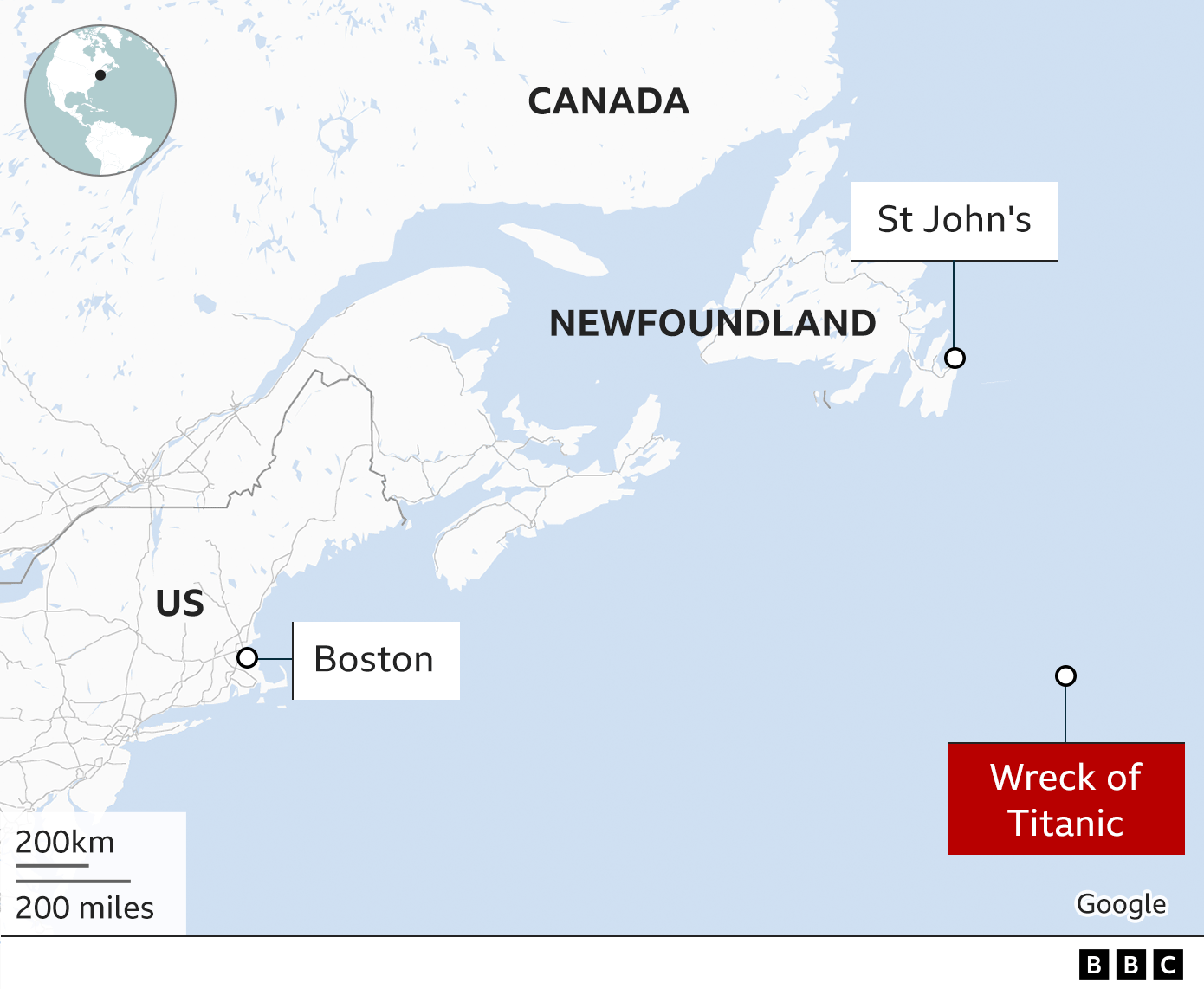The attention of the Ministry of Foreign Affairs has been drawn to misleading information circulating in the public domain that Minister of Foreign Affairs M.U.M. Ali Sabry has spent a substantial amount of public funds while undertaking official visits overseas in the recent past.
The Ministry wishes to clarify that
i. the Minister of Foreign Affairs undertakes official visits to represent Sri Lanka at important multilateral, regional and bilateral engagements overseas, as and when required;
ii. these meetings/conferences/engagements should be attended by the Foreign Minister himself, considering their importance and also the expected level of participation;
iii. it is the practice and essential for substantive reasons that senior officials of the Ministry and other line agencies accompany the Foreign Minster to these meetings/conferences/engagements as appropriate, considering the requirement of the expertise of such officials in discussions/deliberations;
iv. the Foreign Ministry curtails expenses to the maximum extent possible and only essential expenses are authorized in keeping with the new Treasury circulars and guidelines.
Therefore, the Ministry of Foreign Affairs wishes to emphasize that the Foreign Minister by virtue of his appointment/high office is required to undertake foreign travel for official purposes in the context of the Foreign Ministry’s and the government’s engagement with its international partners, and to represent Sri Lanka in fulfilling the country’s domestic and international obligations.
As clearly evidenced in the recent past, many immediate and long-term advantages accrue to Sri Lanka from these high-level person-to-person discussions with the Foreign Minister’s counterparts and other foreign dignitaries.
Ministry of Foreign Affairs
Colombo
20 June 2023


